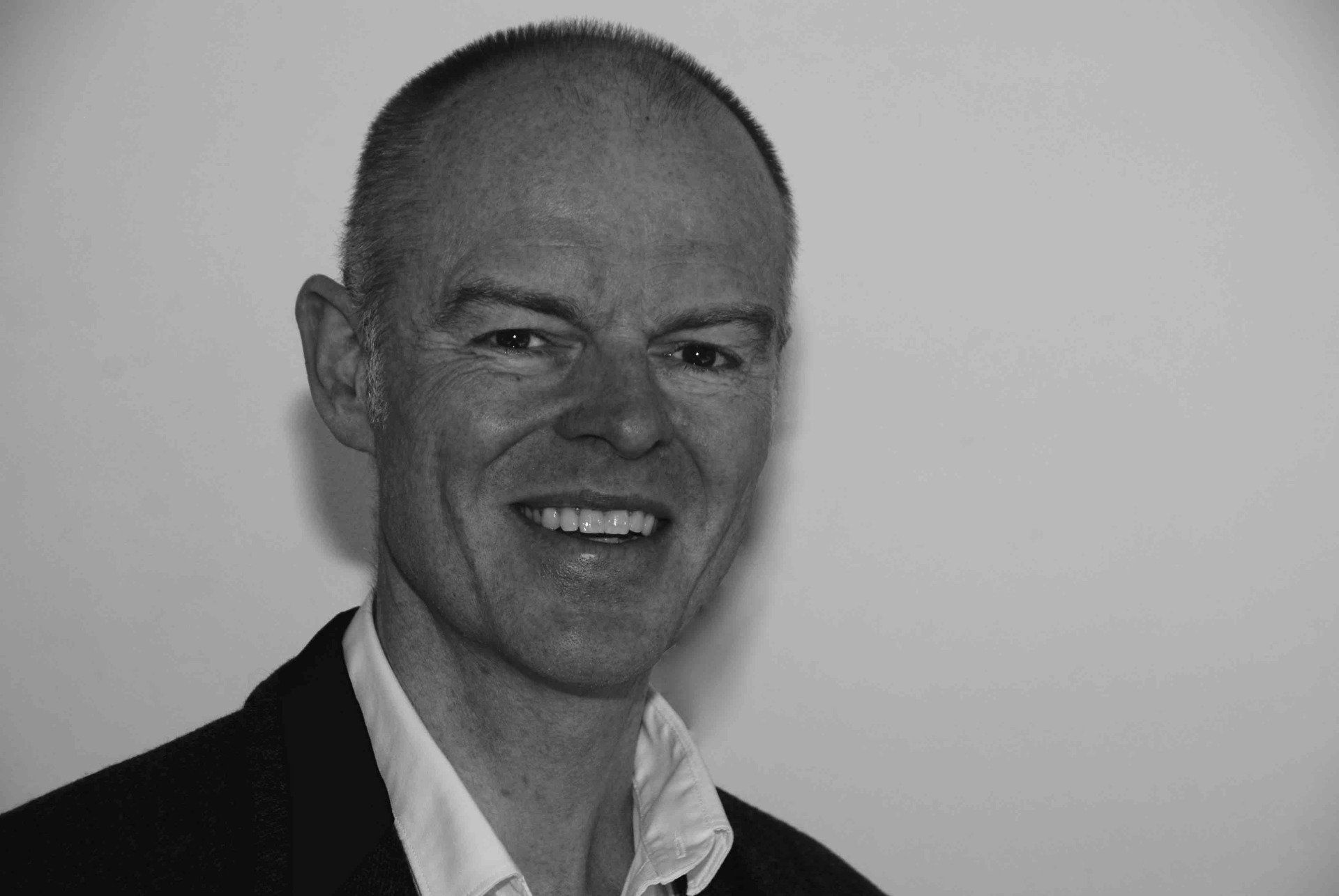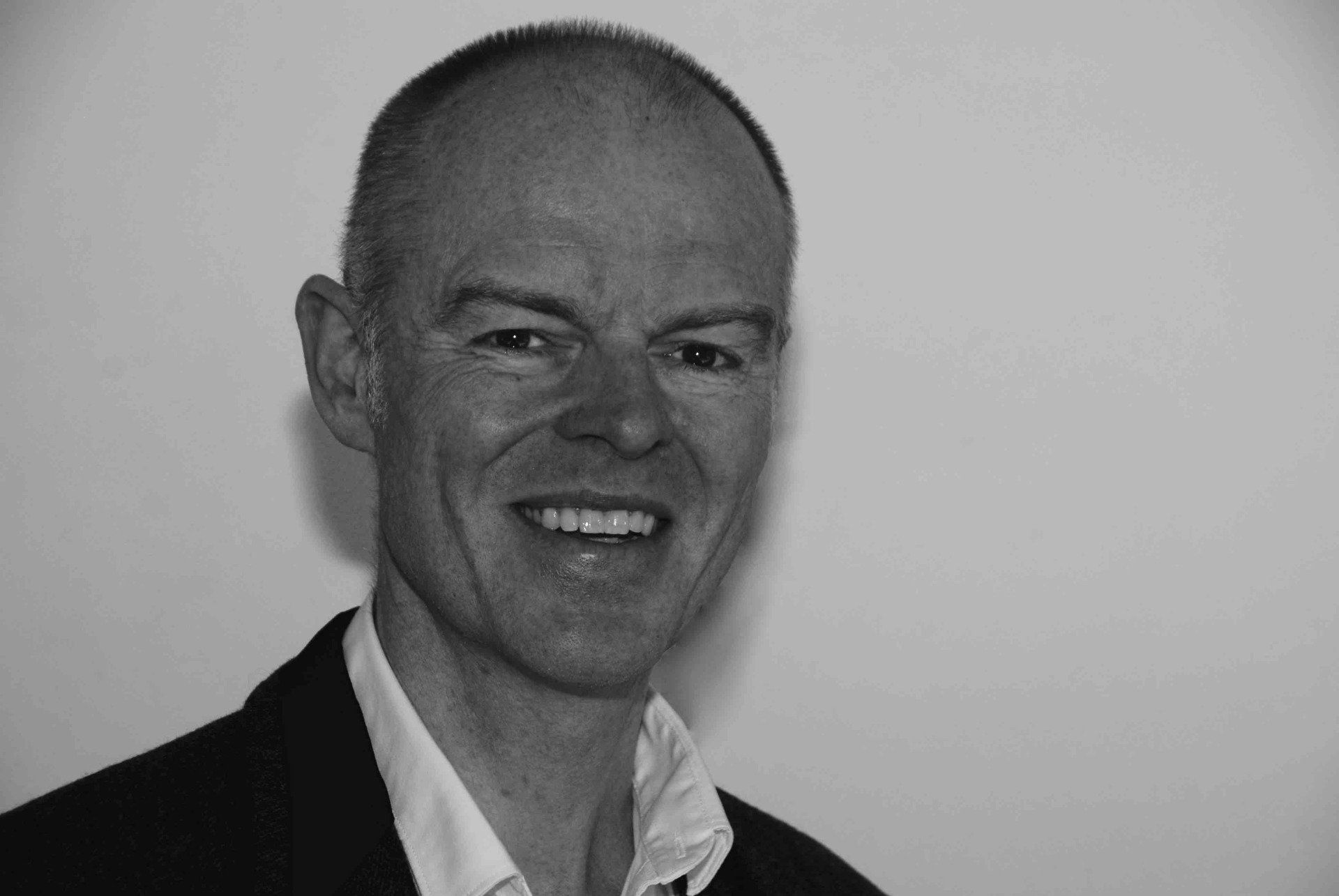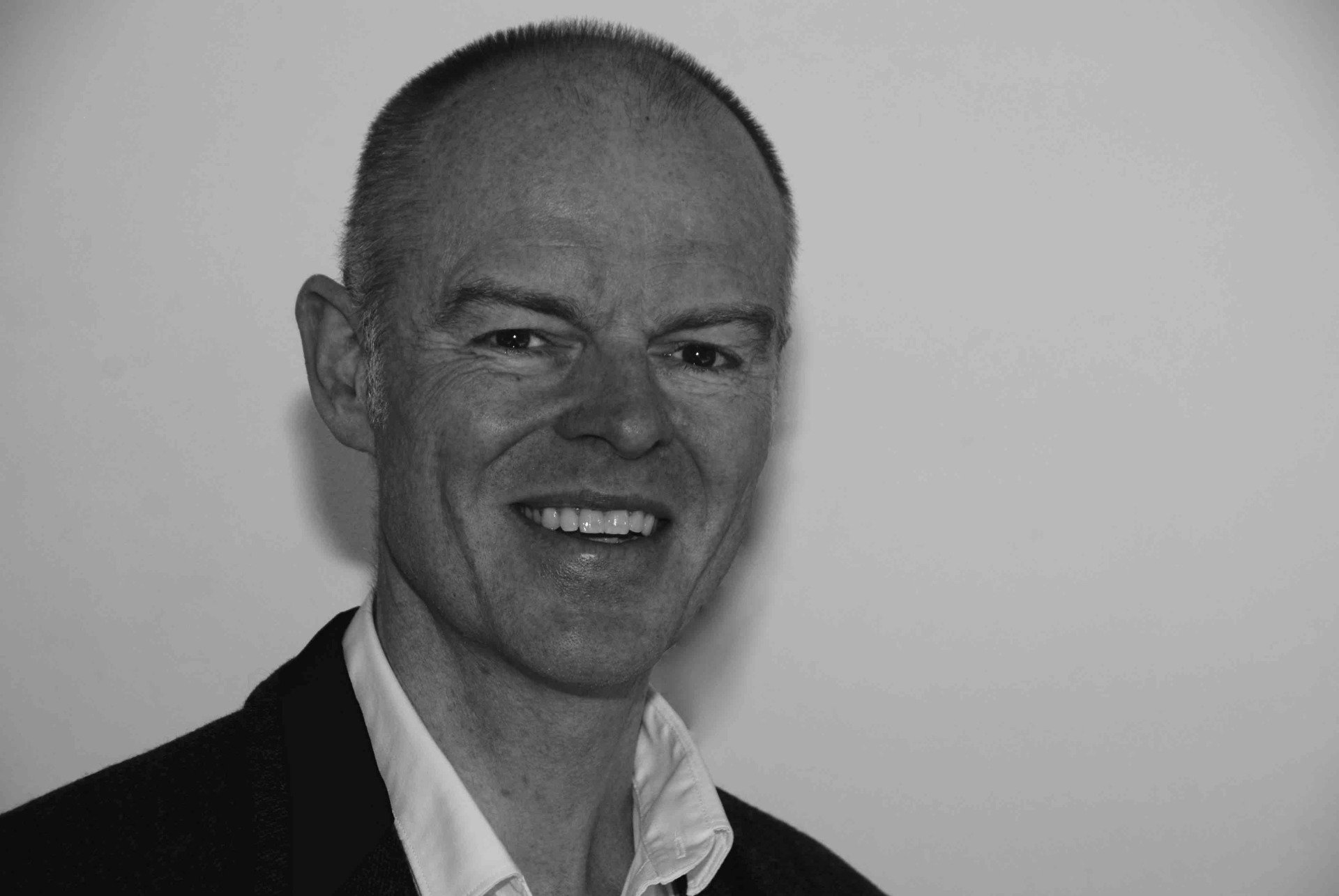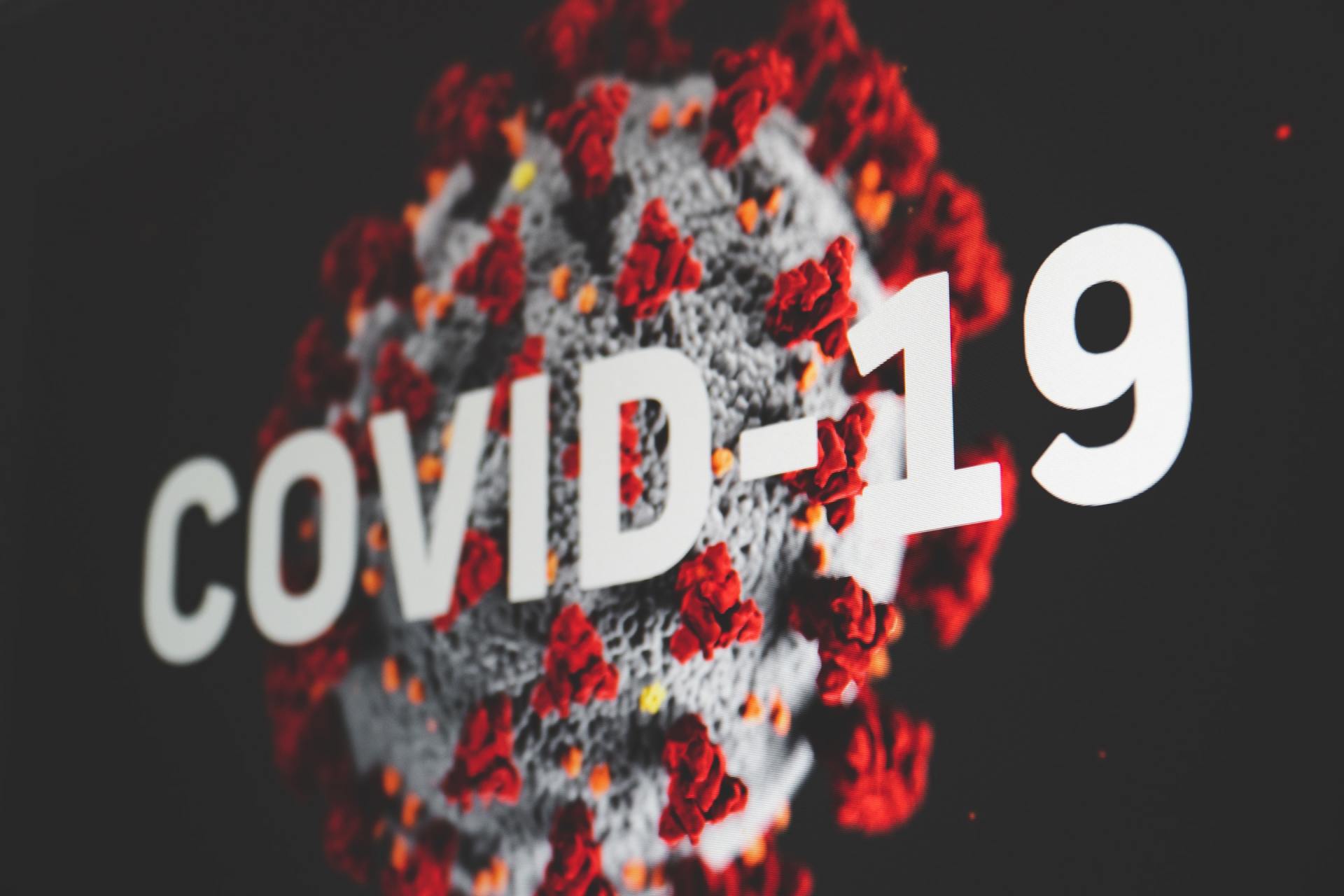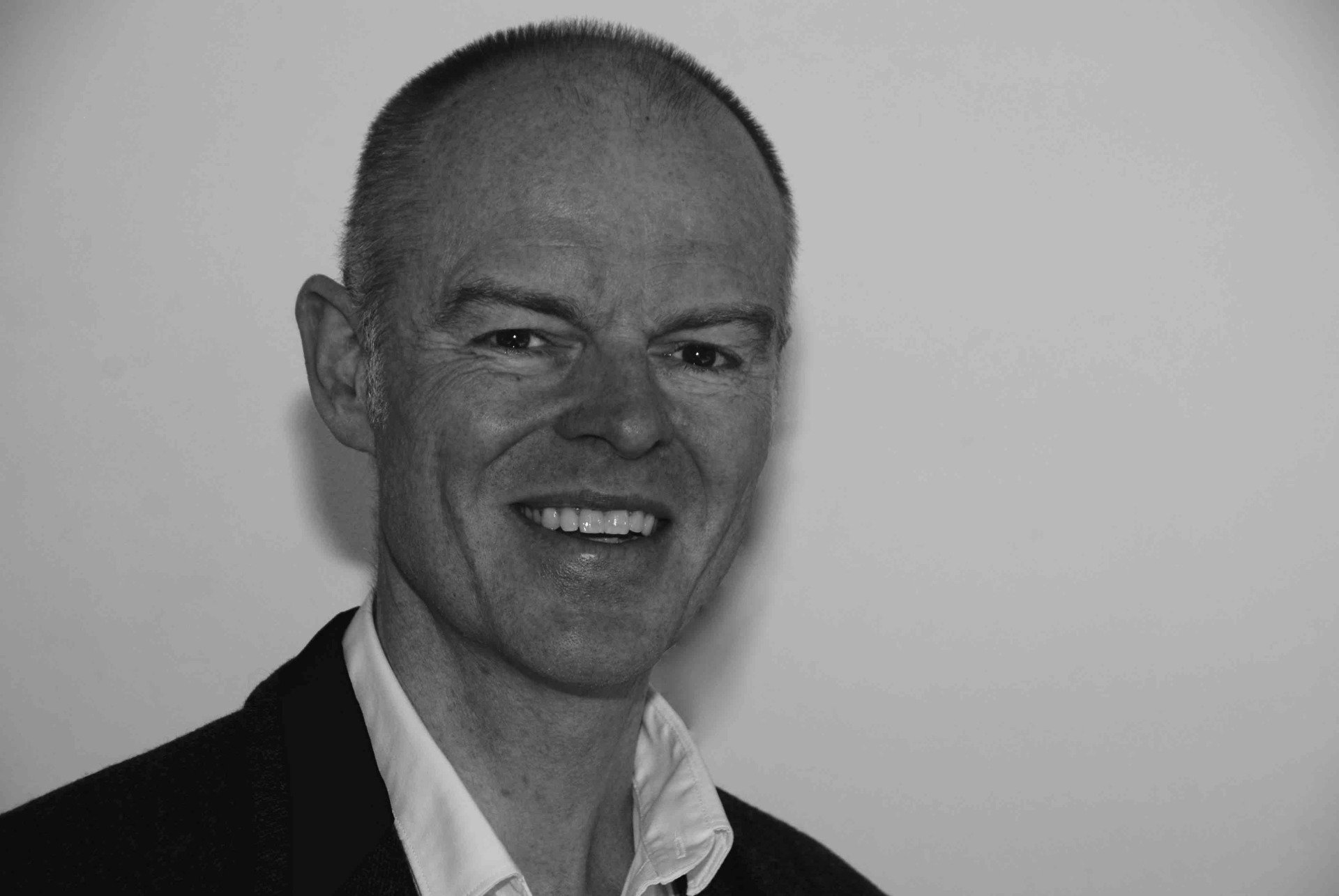David Thorpe - Privacy Notice
Privacy notice For David Thorpe (referred to as we in this document)
Five Element Acupuncturist
Purpose of privacy notice The processing of personal data is governed by the General Data Protection Regulation 2016/679 (the GDPR). This legislation will replace current data privacy law, giving more rights to you as an individual and more obligations to organisations holding your personal data. One of the rights is a right to be informed, which means we have to give you even more information than we do now about the way in which we use, share and store your personal information. This means that we will be publishing a new privacy notice so you can access this information, along with information about the increased rights you have in relation to the information we hold on you and the legal basis on which we are using it. This new privacy notice comes into effect and will be published on our website on 25 May 2018.
Who are we?
David Thorpe is the data controller practising at: Hillcrest, Felden Lane, Hemel Hempstead, HP30BB and Wimpole Therapeutics, 2 Wimpole Street, London, W1G 0ED. This means we decide how your personal data is processed and for what purposes. Wimpole Therapeutics do not hold any personal data of David Thorpe’s patients.
Whose information does this privacy notice apply to?
This privacy notice applies to information we collect from: • patients; • prospective patients; • former patients; • visitors to our website.
What is personal data?
Personal data relates to a living individual who can be identified from that data. Identification can be by the information alone or in conjunction with any other information in the data controller’s possession or likely to come into such possession. Examples of personal data we may hold about you include your contact and appointment details. Special category data is a sub-category of personal data revealing racial or ethnic origin, political opinions, religious or philosophical beliefs, or trade union membership, and the processing of genetic data, biometric data for the purpose of uniquely identifying a natural person, data concerning health or data concerning a natural person’s sex life or sexual orientation. Examples of special category data we may hold about you include your patient notes. How do we process your personal data? We comply with our obligations under the GDPR by keeping personal data up to date; by storing and destroying it securely; by not collecting or retaining excessive amounts of data; by protecting personal data from loss, misuse, unauthorised access and disclosure and by ensuring that appropriate technical measures are in place to protect personal data.
We use your personal data for the purposes set out below.
1. We use your name, address, telephone number and email address to make and rearrange appointments. We are unable to send or receive encrypted emails so you should be aware that any emails we send or receive may not be protected in transit. We will also monitor any emails sent to us, including file attachments, for viruses or malicious software. Please be aware that you have a responsibility to ensure that any email you send us is within the bounds of the law.
2. We use your name, address, telephone number and email address, only if we have your explicit consent, to send you marketing materials. We are unable to send or receive encrypted emails so you should be aware that any emails we send or receive may not be protected in transit. We will also monitor any emails sent to us, including file attachments, for viruses or malicious software. Please be aware that you have a responsibility to ensure that any email you send us is within the bounds of the law.
3. Some patients and prospective patients return pre- 1st appointment questionnaires or tell us about their medical conditions and medication by email or online enquiry forms. We are unable to send or receive encrypted emails so you should be aware that any emails we send or receive may not be protected in transit. We will also monitor any emails sent to us, including file attachments, for viruses or malicious software. Please be aware that you have a responsibility to ensure that any email you send us is within the bounds of the law.
4. We keep a permanent attendance register which records all appointments for patients attending our clinic to keep a record of when you were treated for tax purposes and to secure potential evidence in the event of a criminal prosecution, civil litigation, insurance claim or complaint to my regulatory body, the British Acupuncture Council.
5. We may use your date of birth to help identify patients with the same name to avoid mistakes being made as to safe and appropriate treatment, for identification purposes if referring a patient to another health practitioner, and for identification purposes if writing to a registered medical practitioner so that they correctly identify the patient.
6. We use your presenting complaint and symptoms reported by you for the purposes of making a full traditional diagnosis, formulating treatment strategy and treatment planning.
7. We use any relevant medical and family history you have told us for making a full traditional diagnosis, formulating treatment strategy and treatment planning.
8. We use your GP’s name and address in the event that we need to contact your GP including in an emergency and because it is a mandatory requirement in the British Acupuncture Code of Professional Conduct.
9. We use our clinical findings about your health and wellbeing for making a full traditional diagnosis, and formulating treatment strategy and treatment planning.
10. We keep a record of and refer to that record of any treatment given and details of progress of your case, including reviews of treatment planning to enable us to: review the full traditional diagnosis, treatment strategy and planning; and to secure evidence in the event of criminal proceedings, civil litigation, an insurance claim or complaint.
11. We record and use any information and advice that we have given, especially when referring patients to any other health professional, to help you to receive the most appropriate treatment and to secure evidence in the event of criminal proceedings, civil litigation, an insurance claim or complaint.
12. We record any decisions made in conjunction with you to help you to receive the most appropriate treatment and to secure evidence in the event of criminal proceedings, civil litigation, an insurance claim or complaint.
13. We keep accident records for any patients, visitors or staff who are involved in accidents at our clinic in accordance with UK Health and Safety legislation including the Reporting of Injuries, Diseases and Dangerous Occurrences Regulations (RIDDOR) to comply with the law and to secure evidence in the event of criminal proceedings, civil litigation, an insurance claim or complaint.
14. In the event of an adverse incident occurring to any of our patients we report the matter to the British Acupuncture Council and the our insurance company to enable the insurance company to deal with any potential claims and to help the British Acupuncture Council to develop its safe practice guidelines, as well as providing research data and information for the BAcC’s insurers and other interested parties.
15. Where relevant we maintain records of the patient’s consent to treatment, or the consent of their next-of-kin in order to be able to prove that the patient (and/or parent/guardian/next of kin) has given informed consent to treatment to secure evidence in the event of a civil claim, criminal prosecution, insurance claim or complaint.
16. When we receive a complaint from a person we make up a file containing the details of the complaint. This normally contains the identity of the complainant and any other individuals involved in the complaint. We will only use the personal information we collect to process the complaint and to check on the level of service we provide. We usually have to disclose the complainant’s identity to whoever the complaint is about. If a complainant doesn’t want information identifying him or her to be disclosed, we will try to respect that. However, it may not be possible to handle a complaint on an anonymous basis. We may need to provide personal information collected and processed in relation to complaints to the British Acupuncture Council or our insurance company. We will keep personal information contained in complaint files in line with our retention policy. This means that information relating to a complaint will be retained for two years from closure. It will be retained in a secure environment and access to it will be restricted according to the ‘need to know’ principle. Similarly, where enquiries are submitted to us we will only use the information supplied to us to deal with the enquiry and any subsequent issues and to check on the level of service we provide.
17. When someone visits our website we use a third party service, Google Analytics, to collect standard internet log information and details of visitor behaviour patterns. We do this to find out things such as the number of visitors to the various parts of the site. This information is only processed in a way which does not identify anyone. We do not make, and do not allow Google to make, any attempt to find out the identities of those visiting our website. If we do want to collect personally identifiable information through our website, we will be up front about this. We will make it clear when we collect personal information and will explain what we intend to do with it.
18. We use website cookies to improve user experience of our website by enabling our website to 'remember' users, either for the duration of their visit - using a 'session cookie' - or for repeat visits - using a 'persistent cookie'.
19. There is no search incorporated in our website. If this were to exist Search queries and results would be logged anonymously to help us improve our website and search functionality. No user-specific data is collected by us or any third party.
20. We use a third party service 123-reg Limited to help maintain the security and performance of our website. To deliver this service it processes the IP addresses of visitors to our website. We also have a link to freeindex.co.uk which is used primarily as a place where patients may post reviews. If a patient posts a review freeindex.co.uk do not have access to any personal data other than the name provided by the patient, location supplied by the patient and the email address supplied by the patient for verification of the review.
21. We use a third party service, 123-reg Limited to host our website including publishing our blog. This site is hosted at www.acupunctture-energy.co.uk , which is run by David Thorpe. We use a standard 123-reg Limited to collect anonymous information about users' activity on the site, for example the number of users viewing pages on the site, to monitor and report on the effectiveness of the site and help us improve it. Freeindex.co.uk requires visitors that want to post a comment to enter a name and email address. For more information about how freeindex.co.uk processes data, please see https://www.freeindex.co.uk/privacy.htm
Sharing your personal data Your personal data will be treated as strictly confidential, and will be shared: • with named third parties with your explicit consent; • with the relevant authority such as the police or a court, if necessary for compliance with a legal obligation to which we are subject e.g. a court order; • with your doctor or the police if necessary to protect yours or another person’s life; • with the police or a local authority for the purpose of safeguarding a children or vulnerable adults; or • with my regulatory body, the British Acupuncture Council, or my insurance company in the event of a complaint or insurance claim being brought against me; or • my solicitor in the event of any investigation or legal proceedings being brought against me. For further details about the situations when information about you might be shared please see the Information Commissioner’s website at https://ico.org.uk/for-the-public/personal-information/sharing-my-info/
How long do we keep your personal data?
We keep your personal data for no longer than reasonably necessary. We keep patient records for a period of 7 years in accordance with the British Acupuncture Code of Professional Conduct https://www.acupuncture.org.uk/public-content/effective-practice/bacc-professional-codes.html Personal data are kept on a hard copy file that is in a secure place or kept in the presence of David Thorpe when transported to my London clinic. Other than than in email exchange David Thorpe does not store personal data of patients on a computer except name, email address and telephone for contact purposes. At any time you may request that changes are made to your contact details. Your rights and your personal data Unless subject to an exemption under the GDPR, you have certain rights with respect to your personal data as set out below. • The right to request a copy of your personal data which we hold about you. • The right to request that we correct any personal data if it is found to be inaccurate or out of date. • The right to request your personal data is erased where it is no longer necessary for us to retain such data. • The right to withdraw your consent to the processing at any time. This right does not apply where we are processing information using a lawful purpose other than consent. • The right to request that we provide you with your personal data and where possible, to transmit that data directly to another data controller, (known as the right to data portability), (where applicable) [This right only applies where the processing is based on consent or is necessary for the performance of a contract with you and in either case the we are processing the data by automated means]. • The right, where there is a dispute in relation to the accuracy or processing of your personal data, to request a restriction is placed on further processing. • The right to object to the processing of personal data, (where applicable) [This right only applies where processing is based on legitimate interests (or the performance of a task in the public interest/exercise of official authority); direct marketing and processing for the purposes of scientific/historical research and statistics]. • The right to be informed if your data is lost. We shall also inform the Information Commissioner’s Office in accordance with the time limits in the GDPR. • The right to lodge a complaint with the Information Commissioner’s Office. For further details about these rights please see the Information Commissioner’s website at https://ico.org.uk/for-the-public/is-my-information-being-handled-correctly/ Further processing If we wish to use your personal data for a new purpose, not covered by this Privacy Notice, then we will provide you with a new notice explaining this new use prior to commencing the processing and setting out the relevant purposes and processing conditions.
Where and whenever necessary, we will seek your prior consent to the new processing.
To exercise all relevant rights, queries of complaints please in the first instance contact us at:
David Thorpe
Hillcrest,
Felden Lane,
Hemel Hempstead.
HP30BB
Tel: 07949 150 682
Email: davidthorpe1965@hotmail.com
Web: www.acupuncture-energy.co.uk
You can contact the Information Commissioners Office on 0303 123 1113 or via email https://ico.org.uk/global/contact-us/email/ or at the Information Commissioner's Office, Wycliffe House, Water Lane, Wilmslow, Cheshire. SK9 5AF. New Paragraph
